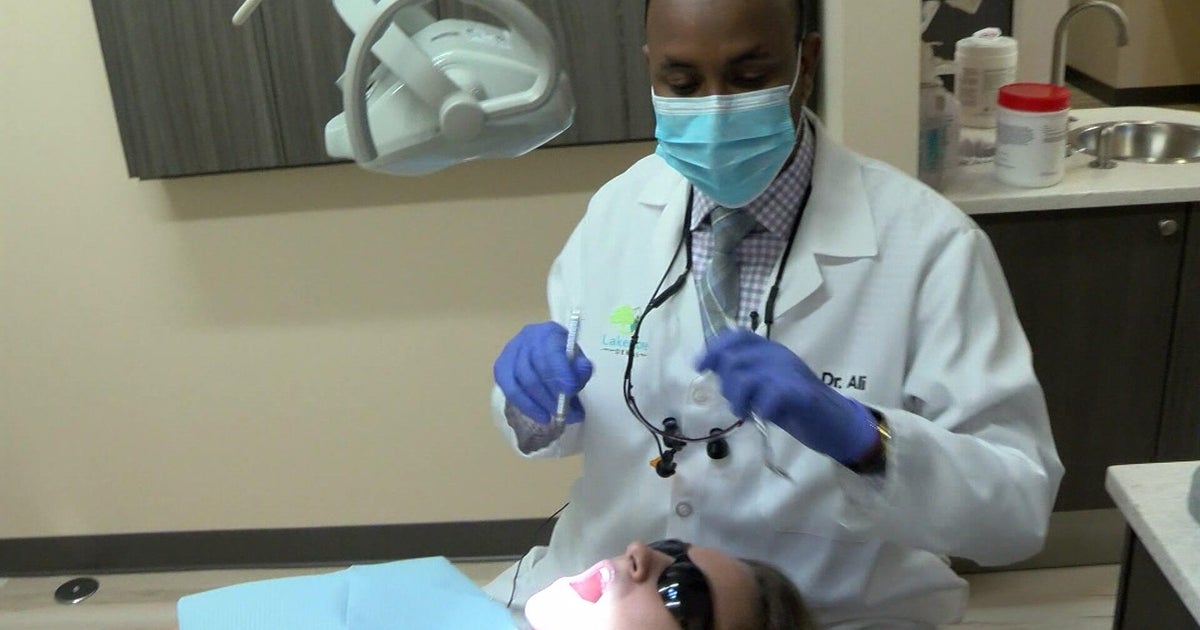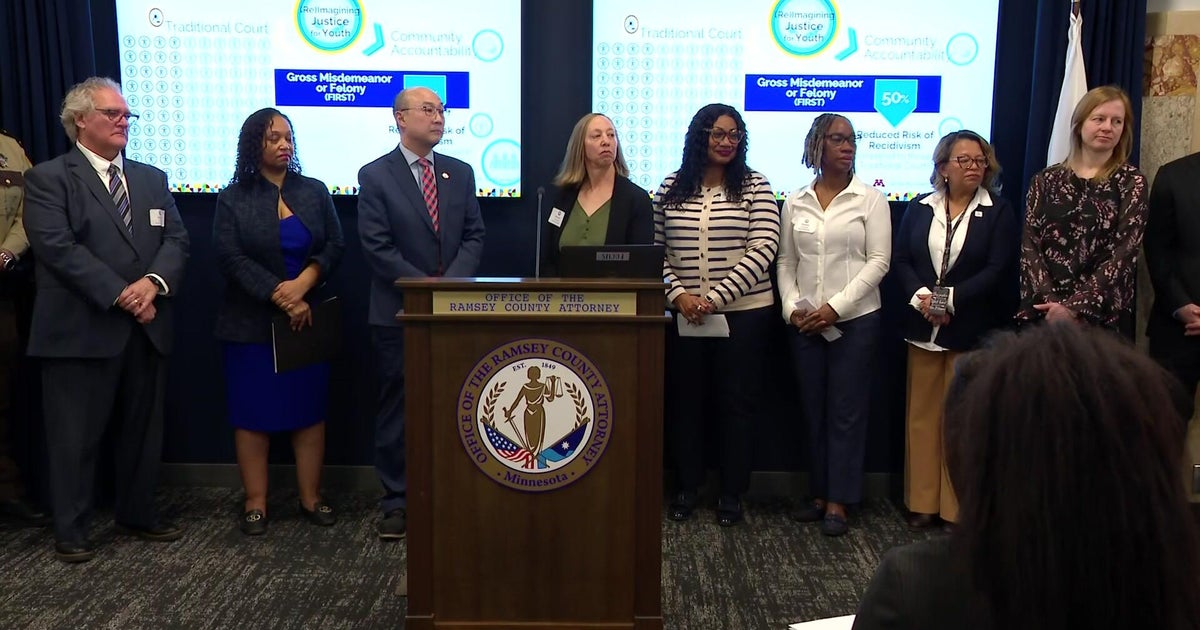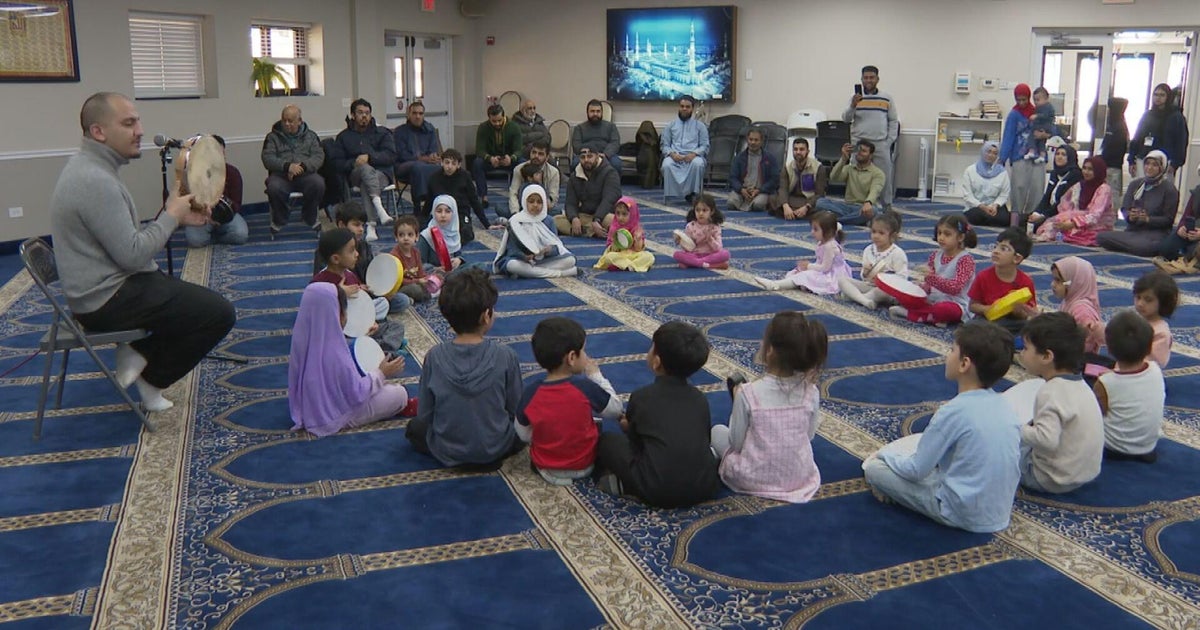'U' Study: Autism High In Mpls. Somali Children
MINNEAPOLIS (WCCO) - For years, parents in the Somali community in Minneapolis have said autism is unusually common in their kids.
Now, a University of Minnesota study confirms those claims.
The study used data from 2010 to determine if more Somali kids, ages seven to nine, had autism than other kids in the state's largest city.
Idil Abdul has a son with autism.
"I knew what they said today in 2008," Abdul said.
She says the disease is very rare in Somalia, but far too common among Somali children in Minneapolis.
"Here are people with the same genetic makeup, from the same country, who are having a medical condition that is a puzzle, right? Autism is a puzzle. Here is your answer," she said.
The U of M study finds 1 in 32 Somali kids has autism. That's about the same rate as white kids: 1 in 36.
But Amy Hewitt of the U of M says only 1 in 48 Minneapolis kids overall has autism.
"There is a high rate of autism in both the Somali and white community in Minneapolis," Hewitt said. "And we also found that those two groups, white and Somali children, had higher rates of autism than all other racial and ethnic groups."
The release of the study is getting national attention. Lisa Wiggins, a representative from the Centers for Disease Control and Prevention (CDC), was in Minneapolis Monday for the event.
"This is the largest study that has looked at the estimate of autism in a Somali community," Wiggins said.
But parents like Idil Abdul hope this study will lead to better autism treatments, perhaps even a cure.
"I think we should be done with counting," Abdul said. "We need to get to the why."
The study also found most children were diagnosed with autism at about age five.
The CDC says the disease could be found earlier, when kids are about two.







